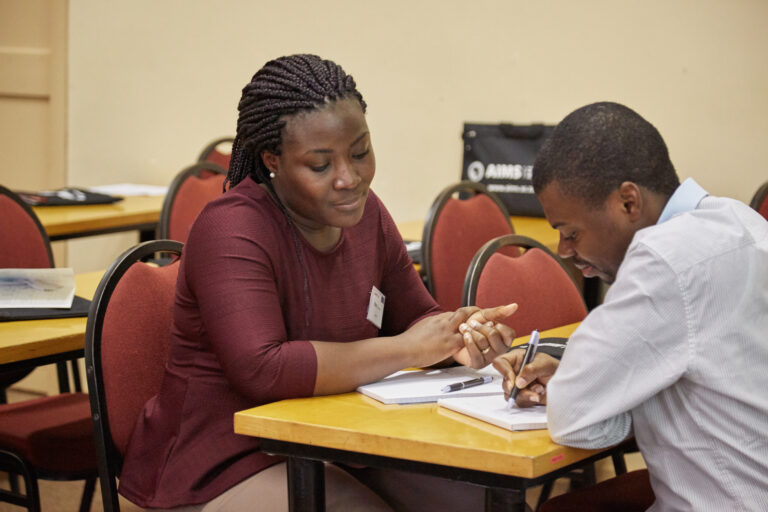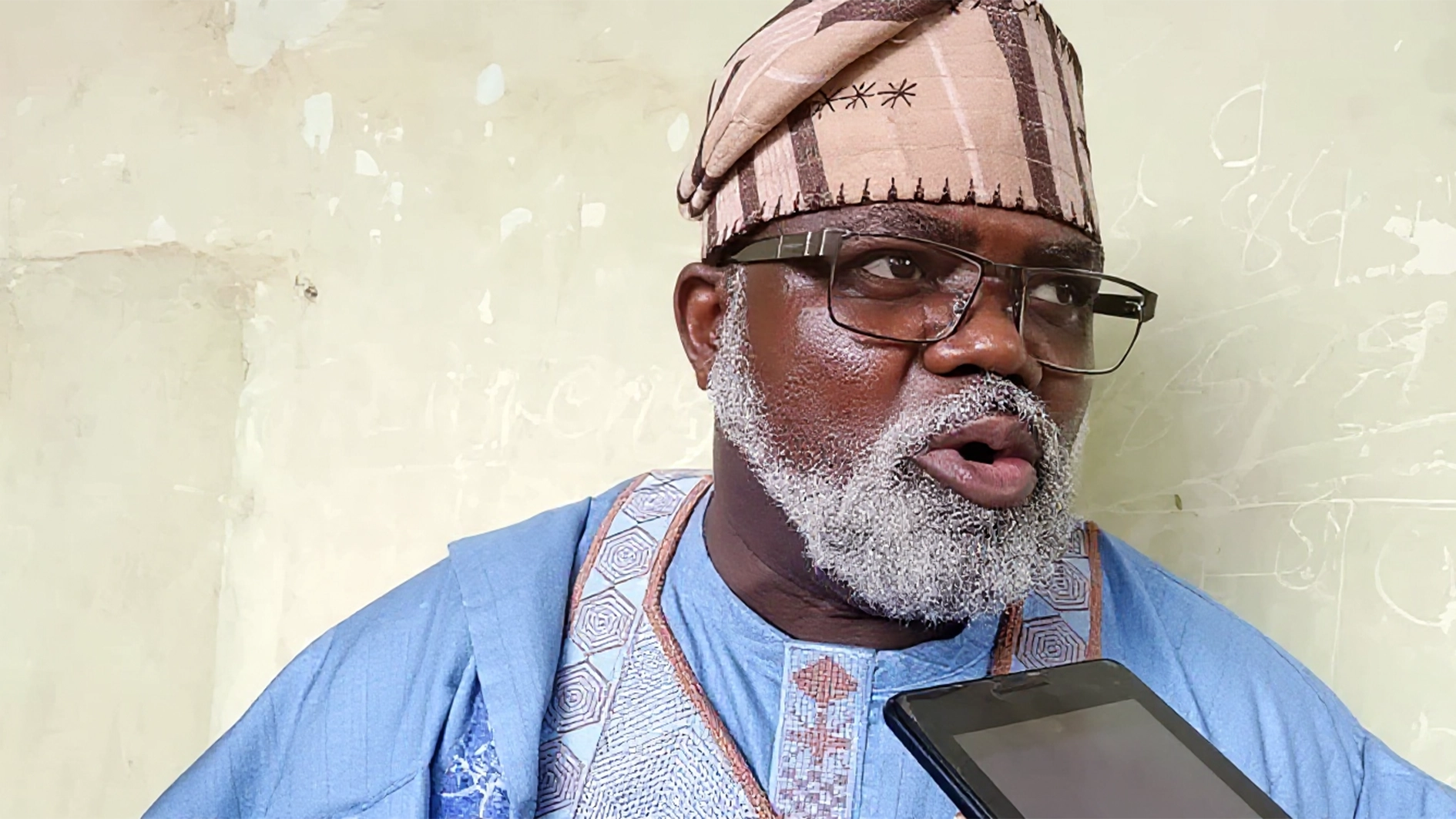
Industry Immersion Africa (iiAfrica), a non-profit organisation, is bringing together the worlds of academia and industry, to enhance the employability and entrepreneurship skills of Science, Technology, Engineering, and Mathematics (STEM) graduates throughout Africa.
The group do this through a number of programmes they offer across Africa which includes the Industry Immersion Programme (IIP), Entrepreneurship Immersion Programme, and National Immersion Programme (NIP).
One such initiative, part of the NIP, is the Ghana1000, which is aimed at recruiting and training at least 1000 STEM graduates, introducing them to iiAfrica’s IIP and providing participants with world-class data analytics and business intelligence skills to enhance their employability.
According to iiAfrica, participants of Ghana1000 learn essential applied skills over eight weeks of interactive virtual data analytics and business intelligence skills training based on modules of world-renowned international business schools. The first 753 graduates completed their academic modules in November 2023.
ESMT Berlin, a leading business school located in the German capital, is one such academic institution supporting the Ghana1000 initiative. Faculty from ESMT Berlin provide academic content for the programme pro bono including core subjects of data analytics, organisational behaviour, entrepreneurship, and leadership.
Content is also provided by faculty of the University of Victoria in Canada, alongside local tutors being trained to teach content through a cooperation agreement with Academics without Borders, a Canadian non-governmental organisation (NGO). On top of business skills, South Africa’s Stellenbosch University provides participants with soft skills which are just as vital when it comes to thriving in any workplace.
An important objective of the initiative is to prepare graduates for the National Service Scheme (NSS) programme, a year-long mandatory work placement in which Ghanaian citizens who have completed tertiary education are assigned to various institutions and organisations across Ghana. The NSS programme provides new graduates with work experience while ensuring priority sectors of life in Ghana do not lack the human resources necessary for continued national development. To support the NSS programme, and to allow the graduates to focus on learning, Ghana1000 is free for applicants.
Adom Yaa Afrakomaa Amponsem, a graduate of the Ghana1000 programme, said: “The most valuable aspect of this programme for me was having access to world-class professionals and lecturers to guide me along my journey. Thanks to this programme, I have become a better team player. I can use Power BI and I have built a solid foundation to transition from academia into industry.”
Another graduate, Adama Yussif, said: “What initially attracted me to this programme was the fantastic opportunity given to young graduates to expand their knowledge and connect with business-minded people. It further helped students with soft skills, data analytics skills and how to be effective and efficient at their workplaces. Talking about the structure, it offers free world-class resources and can be accessed remotely. I would encourage all current and upcoming graduates to apply anytime #iiAfrica offers their programme, especially #Ghana1000.”
Nigeria also has a well-established National Service Programme that has been closely monitored by iiAfrica. The Federal Ministry of Communications, Innovation, and Digital Economy, among other entities, are making significant strides in promoting the idea of a digital economy, as is the case in Ghana. In conjunction with global partners, iiAfrica hope to scale the National Immersion Programme (NIP) to Nigeria by 2025.
iiAfrica’s Industry Immersion Programme (IIP) has successfully trained numerous Nigerians over the years. Graduates of the programme are now employed both within and outside of Nigeria. For example, one Nigerian alumnus is currently working with the World Bank in the United States, while others have secured positions with Nigerian banks and insurance companies.
iiAfrica hopes to replicate the Ghana1000 in Nigeria through their National Service Programme. The National Service Programme presents a unique opportunity to create a bridge for many young graduates to transition into the workplace by adopting the Ghana1000 model in Nigeria.






